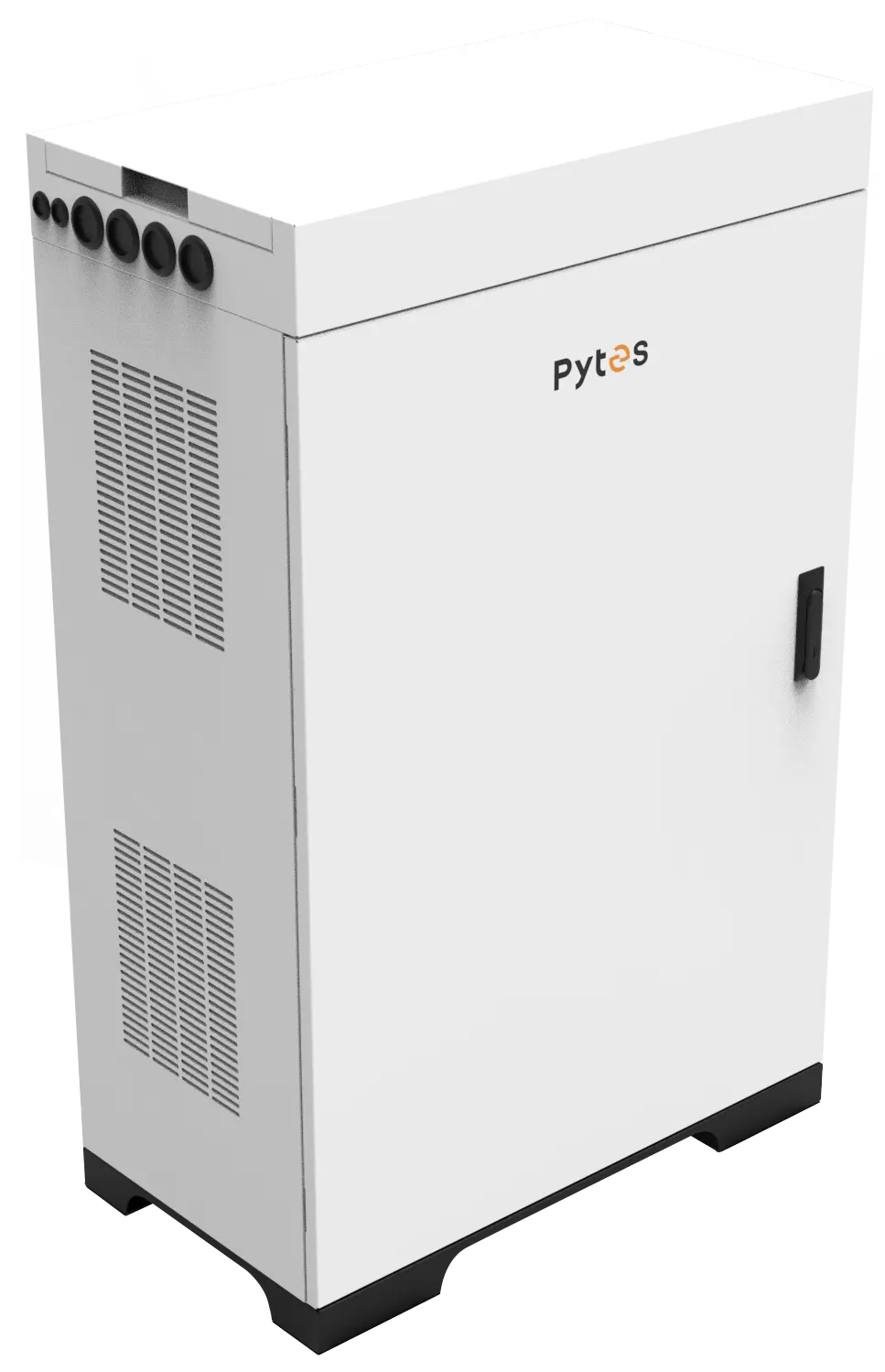
In today's energy-conscious world, Home Energy Storage System has emerged as a crucial and revolutionary concept. Take the Forest-RB Plus produced by Pytes, for example, a state-of-the-art home energy storage system solution with an impressive total capacity of up to 30.72 kWh.

One of the primary advantages of a home energy storage system is the potential for significant savings. The amount of savings depends on various factors such as the scale of the system, the household's energy consumption pattern, local electricity prices, and available incentives. By utilizing the stored solar energy from home instead of drawing power from the grid, especially during peak hours when electricity prices are typically high, homeowners can considerably reduce their electricity bills. Moreover, if there is net metering available in the area, homeowners may receive credits on their bills for the excess energy contributed to the grid. Some jurisdictions even offer rebates or tax credits for installing energy storage systems, further enhancing the savings.
1. First and foremost is the energy cost and usage pattern. Review your current energy bills. If you're paying hefty amounts during peak hours or facing demand charges, a storage system can potentially save you money. Additionally, consider if you frequently encounter power outages; storage can provide a reliable backup power source.
2. Another important factor is the integration with renewable energy systems. If you already have or plan to install solar panels, a battery storage system can capture the excess energy for use during the night or on cloudy days, maximizing your investment in renewable energy.
3. Incentives also play a vital role. Look for local incentives such as rebates, tax deductions, or grant programs that support renewable energy and storage solutions, as these can offset the upfront costs.
4. Your sustainability goals are also crucial. If reducing your carbon footprint and enhancing energy independence is important to you, energy storage can help you achieve these beyond what solar panels alone can offer.
5. Furthermore, regulatory considerations must be taken into account. Some areas have specific regulations regarding the installation and use of home energy storage systems, and complying with these regulations is a key factor in making your decision.
In conclusion, a home energy storage system offers numerous benefits and considerations. It presents an opportunity for homeowners to take control of their energy usage, save money, and contribute to a more sustainable future. By understanding the factors that determine suitability and weighing the potential savings and advantages, homeowners can make informed decisions about integrating this innovative technology into their lives. The development and adoption of advanced home energy storage systems like the Forest-RB Plus mark an important step towards a more efficient and resilient energy future for our homes.
https://www.pytesess.com/industry/How-to-choose-a-suitable-home-energy-storage-system.html